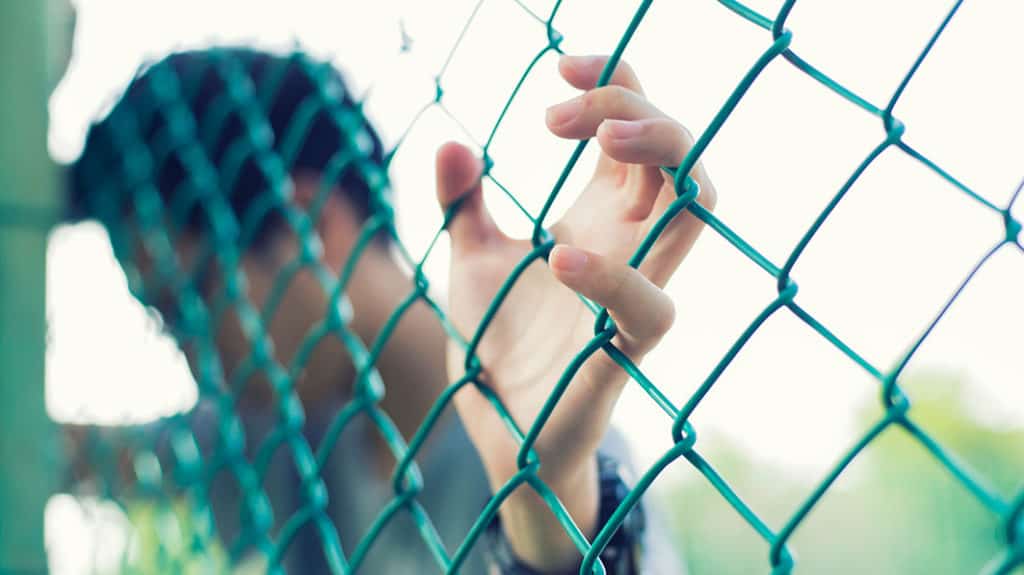Grandpa Joe has terminal cancer. Great-aunt Susie is in the nursing home hospital ward. Your child’s classmate just died in a car accident. Terrorist attacks and reports of wars fill the evening news …
Death is an ever-present fact of life, yet even adults face it only with difficulty. Here are some tips to help your children through the grieving process.
- Teach that death is part of life. Parents often avoid talking about death in an effort to protect children from unpleasantness. Instead, look for teachable moments. Wilting flowers, changing seasons or the death of a family pet provides an opportunity to show death as a part of life. Visit elderly friends or relatives to show children that aging is normal. Children will accept and confront death if adults allow it.
- Be honest. Present the information in a straightforward manner with age-appropriate information by explaining, “Granddad died last night.” Avoid saying, “He went to sleep” or “He’s gone away.” These terms leave children wondering if they will die when they go to sleep or if the person is coming back.
- Don’t delay telling about a death. Delaying can do more harm than good. If you wait, someone else may tell your child or he will overhear it in conversation. Learning the news from you is less frightening.
- Answer questions. Some children are satisfied with the facts. Others will ask a multitude of questions. Allow questions and answer them, even admitting when you don’t have the answer.
- Recognize fears. Death can be a scary concept for children. If your child expresses fear about seeing the body or going to the funeral, don’t force the issue. Comfort and reassure your child following a death of somebody he knows.
- Let them see you grieve. Children need to know that grieving is acceptable. Allow children to see you cry. Emotional pain is part of losing a loved one.
- Cherish the memories. Continue to talk about the loved one who died. Look through photo albums, talk about funny things the deceased said or reminisce about pleasant experiences.
Children take their cues from us and model their reactions accordingly. Show them that death and grief are parts of life.

